Your cart is currently empty!
Tag: Natural Cultivation
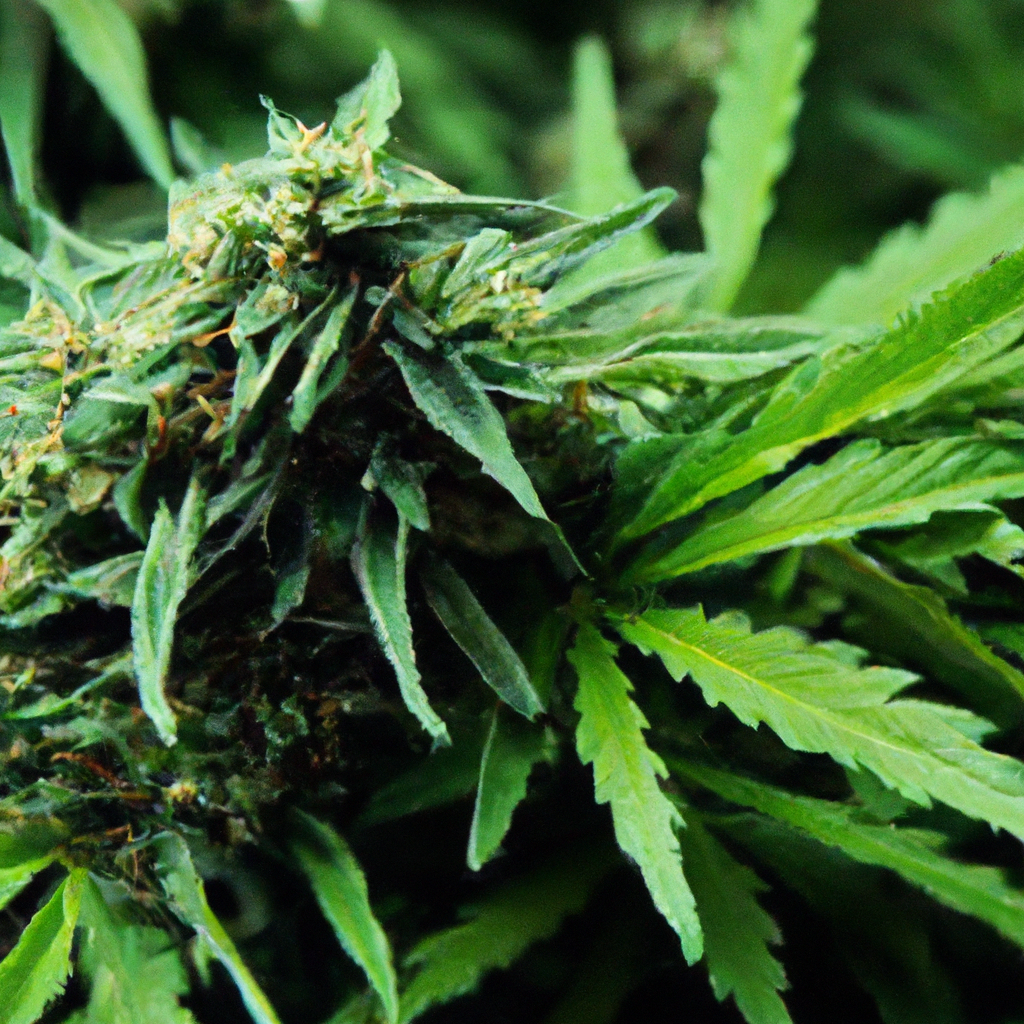
In an era focused on sustainability, organic cannabis cultivation is becoming increasingly popular due to its environmental benefits and ability to produce more potent and flavorful products. Key practices include building a healthy soil ecosystem with compost and beneficial microbes, using organic fertilizers like bone meal and fish emulsions, and implementing Integrated Pest Management (IPM)…
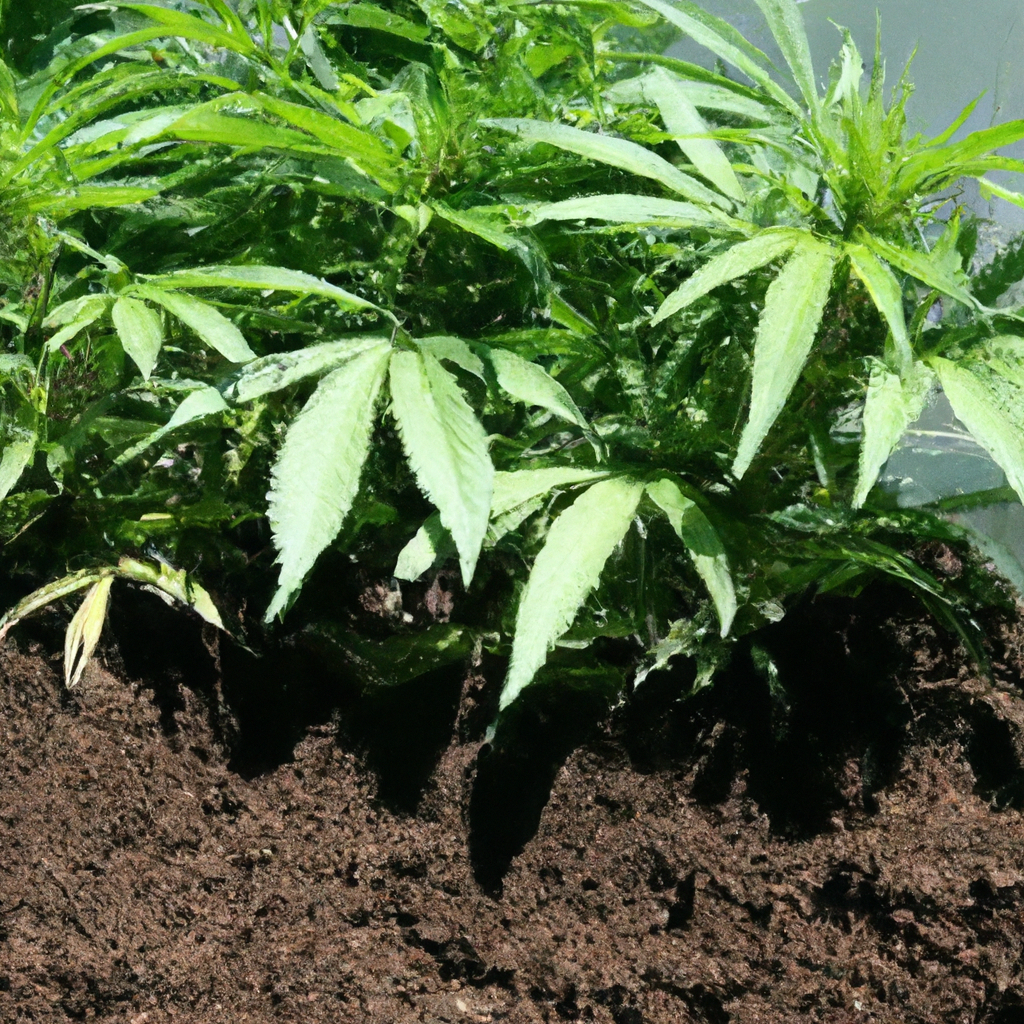
Organic cannabis cultivation embraces sustainability and health, focusing on natural fertilizers, compost, and eco-friendly pest control to nurture thriving soil ecosystems. Key practices include using compost and organic matter, mulching, and employing cover crops for enhanced soil structure and fertility. Natural fertilizers like vermicompost, bone meal, and guano provide essential nutrients without disrupting ecological balance.…
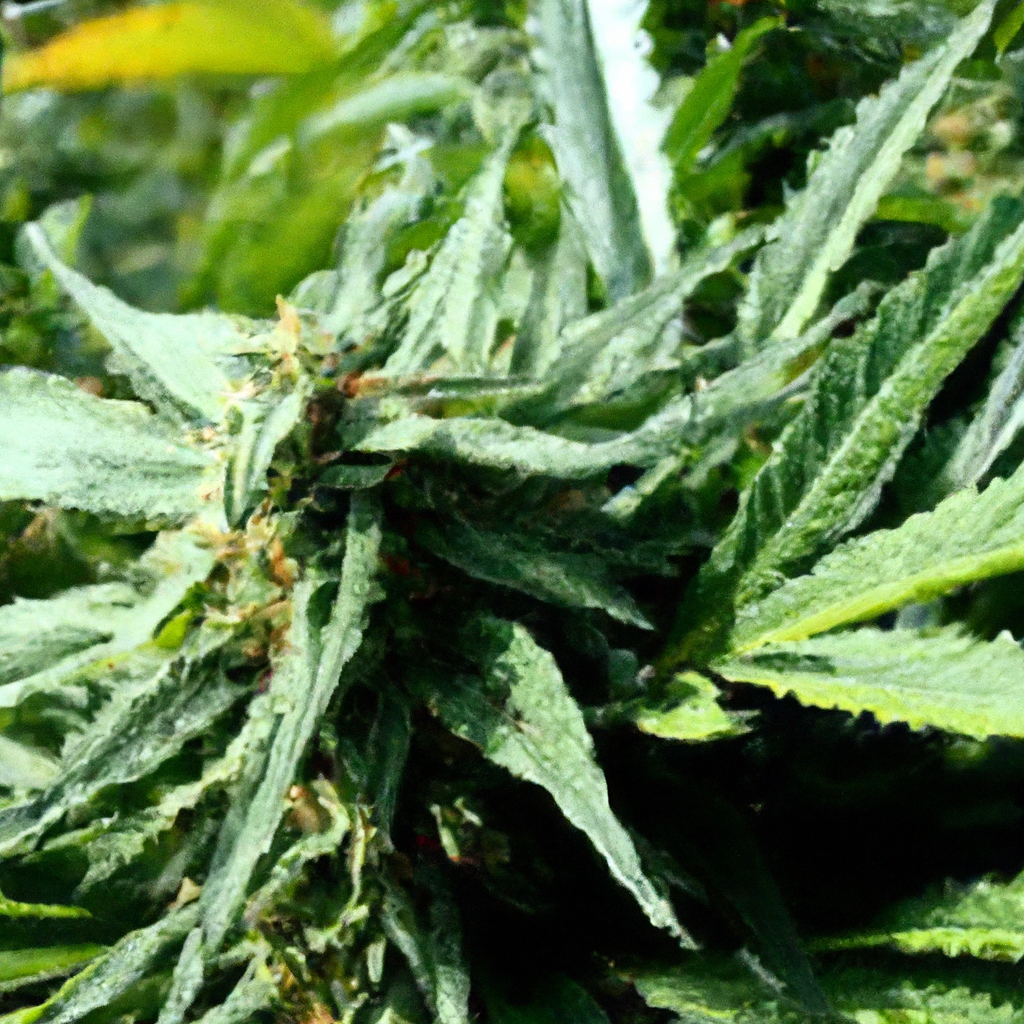
Delving into organic cannabis cultivation blends art and science, focusing on using nature’s resources to create premium-quality products. This guide explores best practices for using natural fertilizers, effective composting, and organic pest management. Key steps include building a rich soil ecosystem with natural amendments and pH management, embracing natural fertilizers such as fish emulsion and…
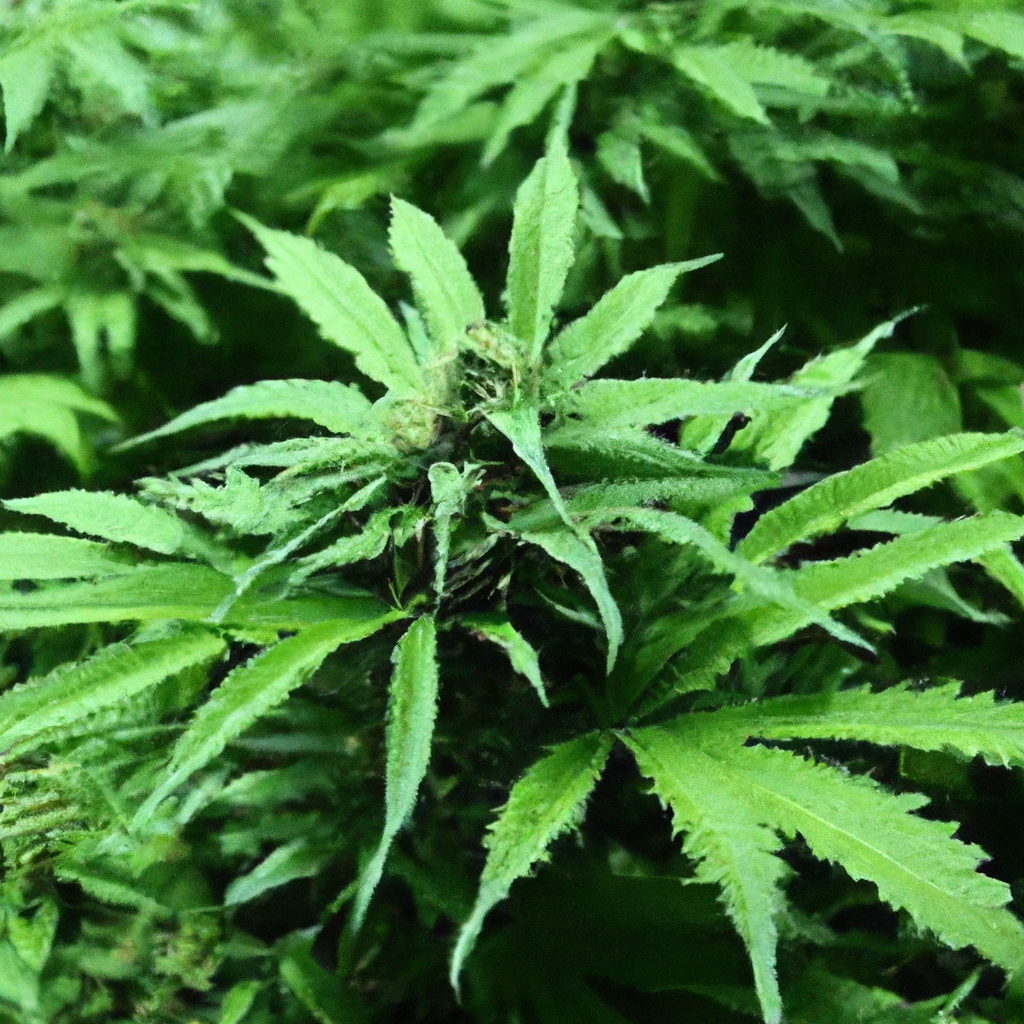
Organic cannabis cultivation offers both environmental and quality advantages, emphasizing the use of natural fertilizers, rich compost, and organic pest control to foster a thriving ecosystem. This approach nurtures the soil and plant health, employing solutions like composting, bone meal, fish emulsion, and sustainable pest management methods such as beneficial insects and companion planting. Beyond…
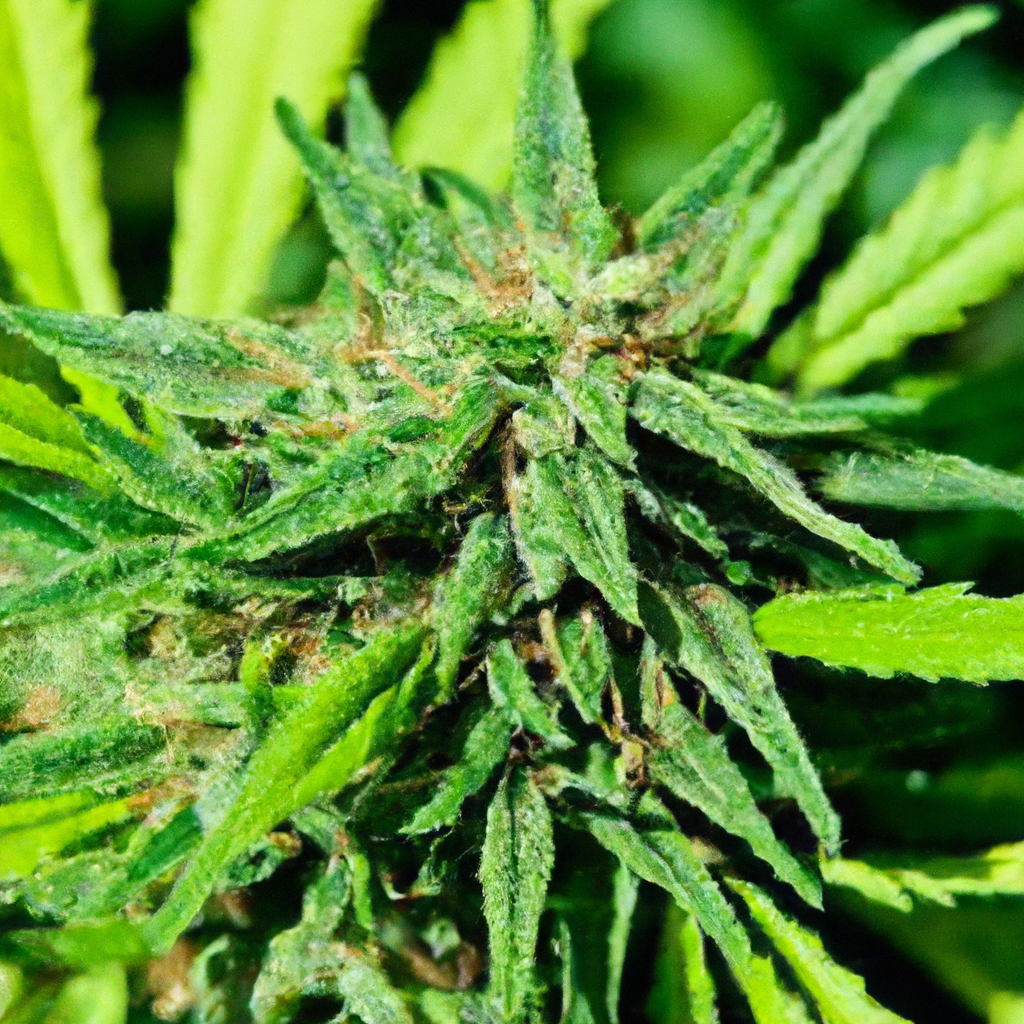
Discover the benefits of organic cannabis cultivation through natural fertilizers, compost, and sustainable pest control methods. Enhance soil health using compost, cover crops, and beneficial microbes. Opt for natural fertilizers like bone meal and fish emulsion for plant growth, and utilize techniques such as companion planting and neem oil for pest management. Embrace sustainability with…
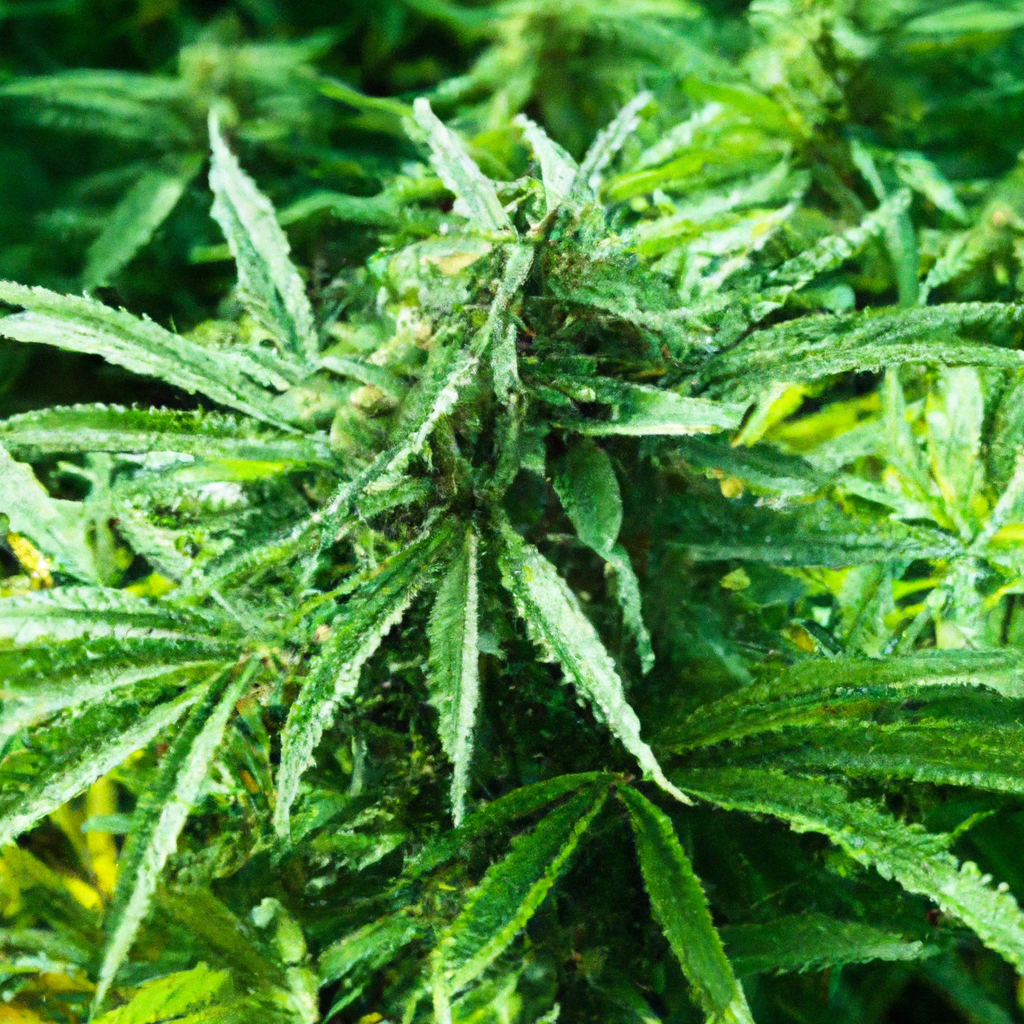
As the cannabis industry expands, cultivators increasingly adopt environmentally friendly practices that yield better crops and support the planet and consumer health. This article explores key organic techniques for sustainable cannabis cultivation, emphasizing the importance of building healthy soil ecosystems and using natural fertilizers. By incorporating strategies such as composting, beneficial microbes, and eco-friendly pest…
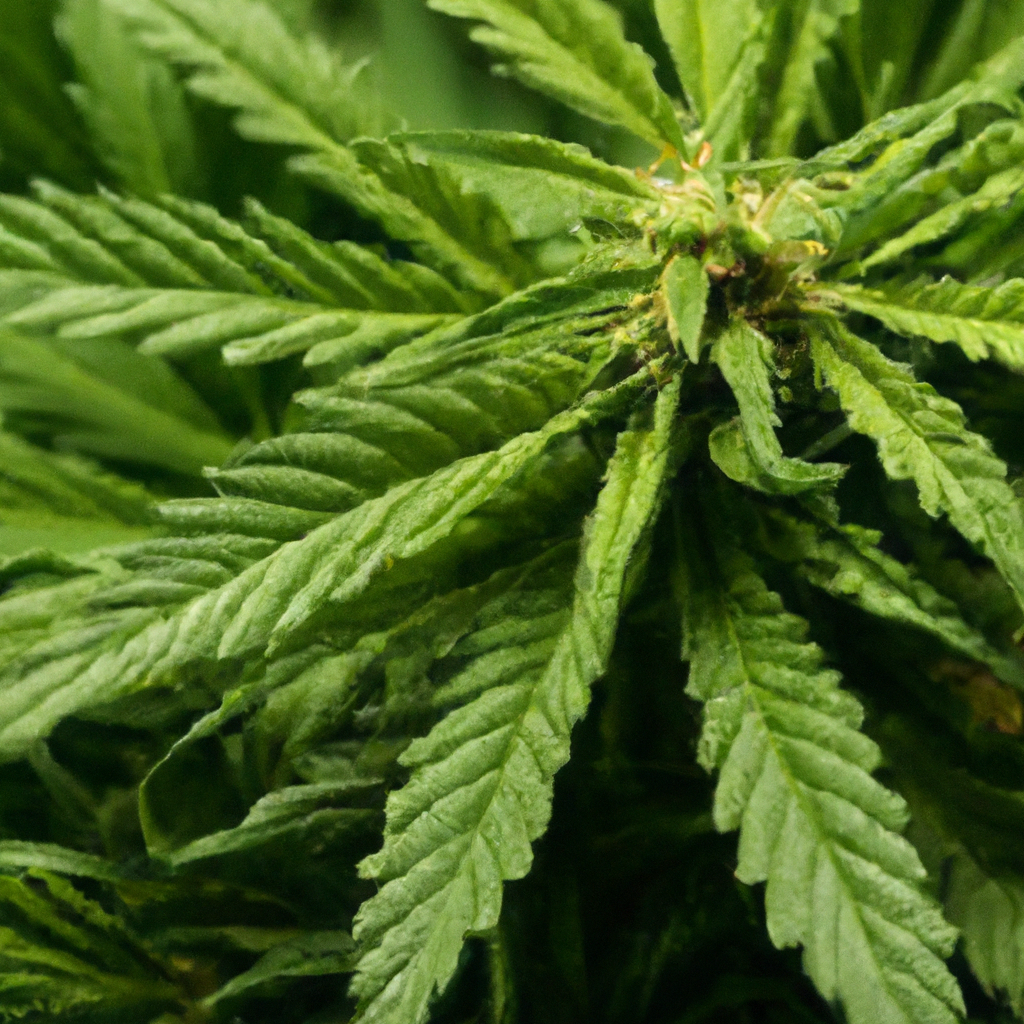
As cannabis cultivation evolves, many growers are embracing natural methods to produce cleaner, higher-quality products while addressing environmental concerns. This approach avoids synthetic fertilizers and pesticides, opting for organic practices that support ecosystem health. Key benefits include reduced environmental impact, improved soil health, and purer cannabis. Core practices for natural cultivation involve using organic fertilizers,…
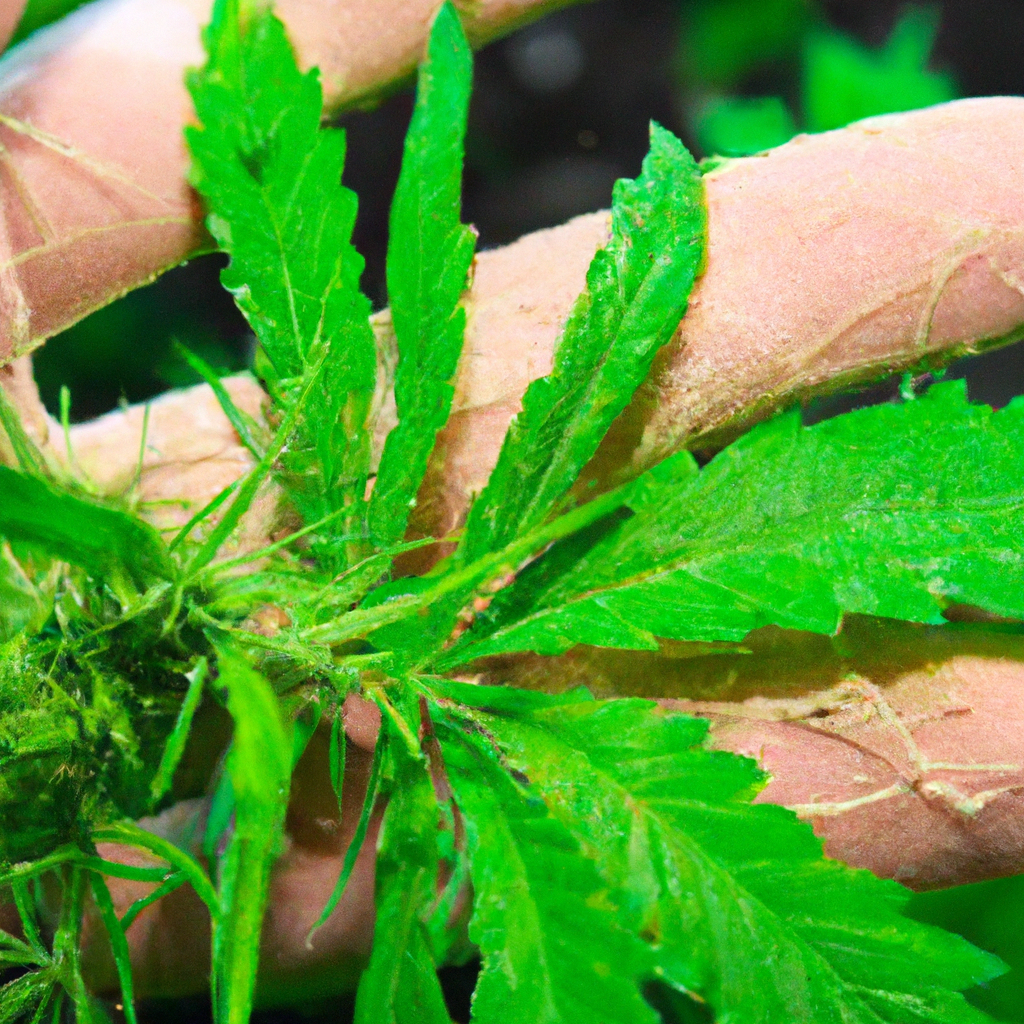
Growing cannabis comes with its challenges, particularly pest management. This blog explores strategies to keep cannabis plants pest-free, beginning with understanding common threats like spider mites, aphids, whiteflies, and fungus gnats. Employing Integrated Pest Management (IPM) can significantly aid in pest control. IPM strategies include regular monitoring, preventive measures, biological and mechanical controls, and, as…
Organic cannabis cultivation offers a healthier approach that benefits both the environment and consumers seeking natural products. By focusing on natural fertilizers like compost, fish emulsion, bone meal, and blood meal, growers can enrich soil and enhance plant growth without harmful chemicals. Effective composting methods and natural pest control techniques, including neem oil and companion…
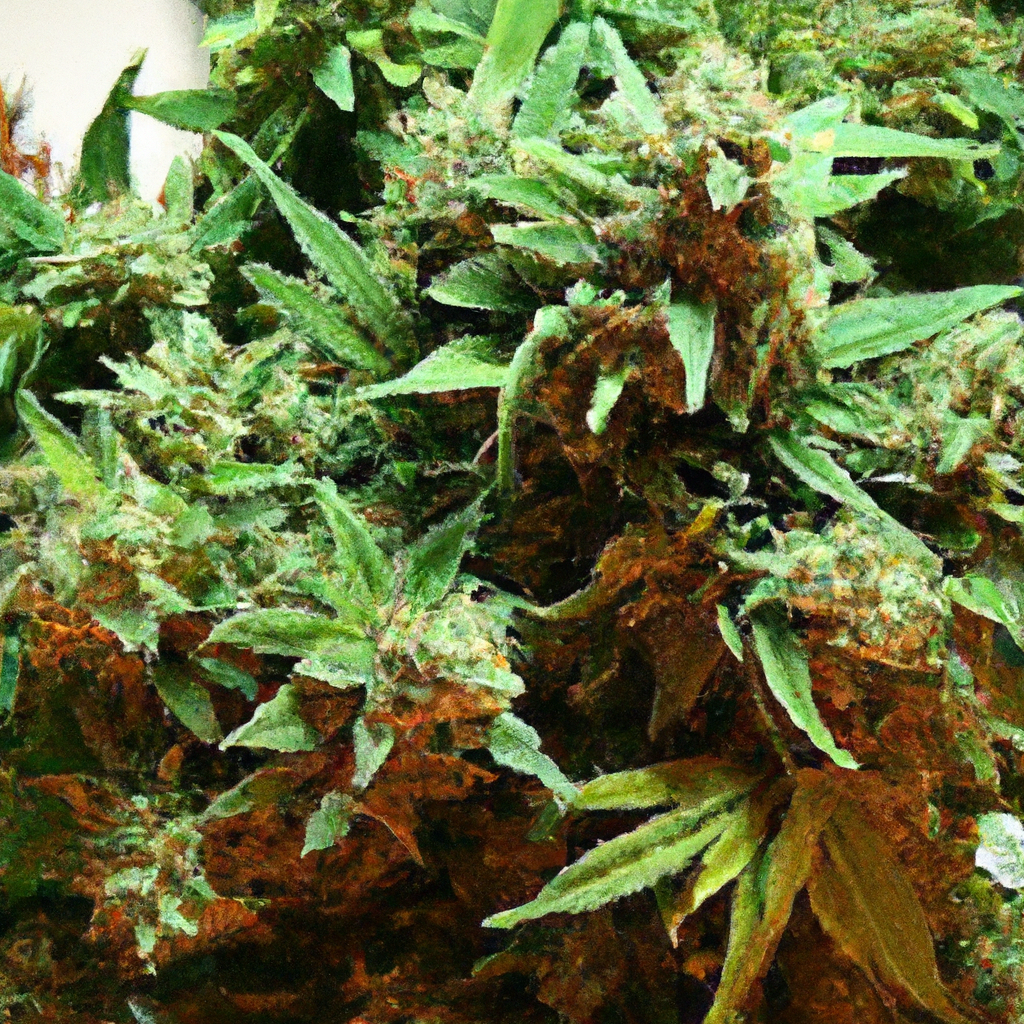
In the cannabis cultivation scene, heirloom strains are cherished for their historical significance and potential. Unlike commercial hybrids, these strains are preserved through generations, maintaining genetic diversity and offering unique flavor and aroma profiles. They contribute to ecological resilience and cultural heritage but present challenges like lower yields and specific growing needs. Successful cultivation requires…
